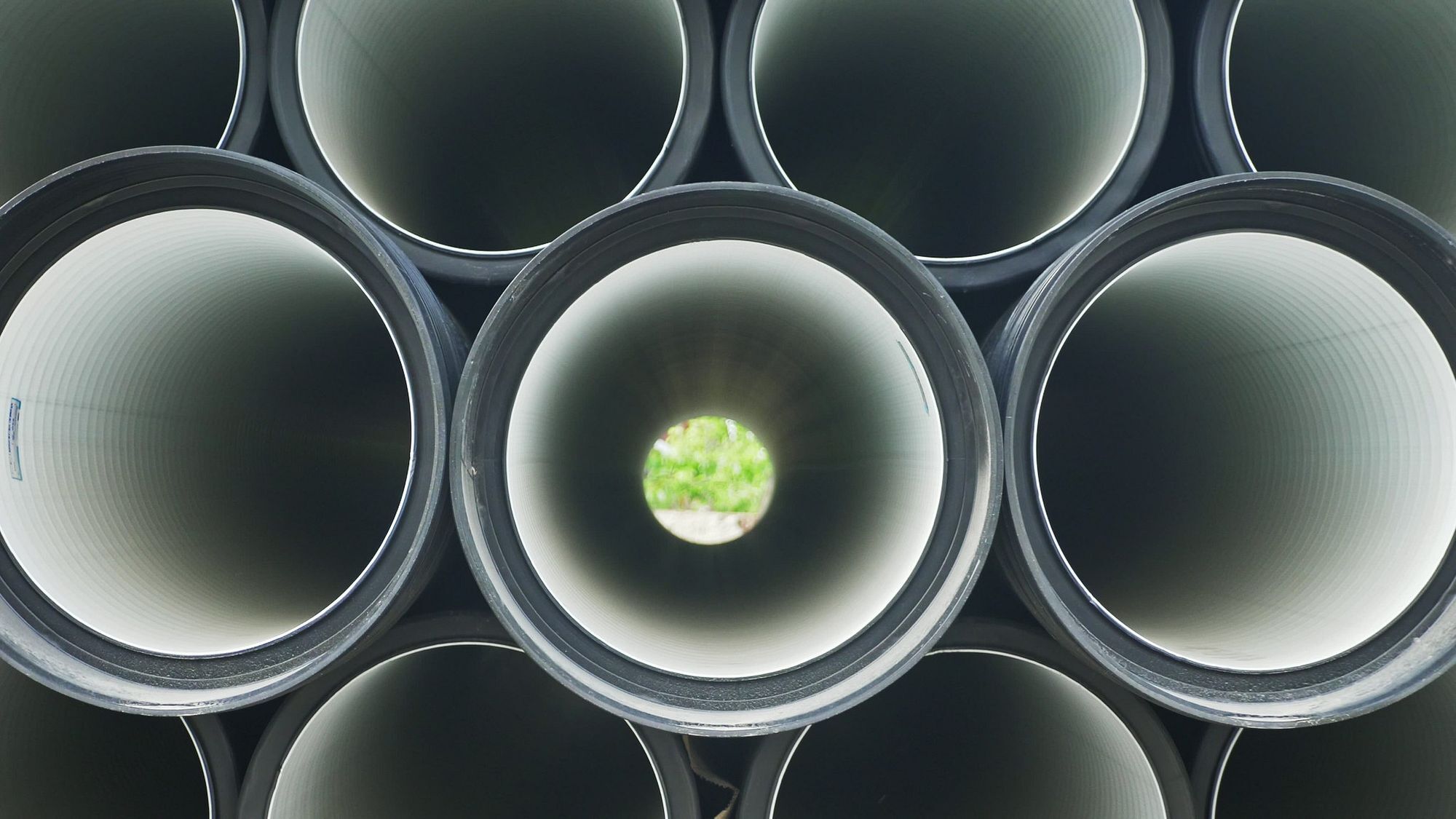Going Green: Environmentally Friendly Ways to Recycle Electronics
That’s it — you’ve dropped your cellphone again. But stop before you toss it in the trash.
You might not know that the average American produces 4.51 pounds of trash per day. That adds up to almost 140 million tons of waste headed to landfills every year. Yikes. And in 2017, the world generated 44.7 million metric tons of e-waste, only 20% of which was recycled properly.
Responsible electronics recycling has many environmental and human health benefits.
While most of us are trying to do our best to be responsible and help the environment, we don’t always think about our electronics. We may be good about recycling paper, glass and plastic, but appliances, phones, laptops and TVs are a little trickier — yet also very important.
According to the U.S. Environmental Protection Agency (EPA), responsible electronics recycling has many environmental and human health benefits, including increasing access to quality reusable and refurbished equipment for those who need it. The EPA monitors the amount of waste filling up landfills, as does the European Union.
If protecting the environment — and decluttering your house — is top of mind for you this spring, our experts are here to help, explaining five things you should know before recycling your old VHS player, big-screen TV or appliances.
Know the Facts
In some countries, less than 12% of e-waste is recycled, and it’s not always managed responsibly. Filling up landfills and creating giant waste piles around the world, it causes significant environmental and health risks. The danger arises not only from hazardous materials within your phone or tablet, but also from data security risks related to forgetting to wipe your device before ditching it.Many Benefits
Recycling used electronics can lead to the harvest of gold, copper, glass, aluminum and other raw materials that may be returned to the supply chain and used again in new products.Look for Certification
In the U.S., the EPA recommends using electronic recyclers that are certified, which means they have demonstrated to accredited, independent third-party auditors, including NSF, that they continually meet specific high environmental standards and safely manage used electronics. This certification is monitored to make sure the recycler maintains these standards. In the EU, there are strict rules for how a product’s design can be repaired, recycled and reused.The Value of Standards
The environment and your health and safety are priorities when it comes to e-waste standards and rules.- Safety standards mean advancing best management practices.
- Third-party oversight includes ways to assess the environmental, worker health and security practices of entities managing used electronics.
- The best available science is used for environmental standards that maximize reuse and recycling.
- Rules and standards help ensure the safer management of materials by downstream handlers and require the destruction of all data on used electronics.
- Certified electronics recyclers in the U.S. have demonstrated through audits and documentation that they continually meet e-waste environmental standards and safely manage used electronics. European electronics recyclers must meet the Waste from Electrical and Electronic Equipment (WEEE) directive, which standardizes collection, proper treatment and reporting for e-waste.
Do Your Research
To recycle electronics responsibly, get in touch with the manufacturer or retailer to see if the product has any recyclable parts or if they have a relationship with a recycler near you.
Sign Up for Tips for Better Living
Stay up to date with what matters most to you and your family.
Related Posts

Foodstuffs: How To Store and Heat Leftovers Safely

Kitchen Cleaning 101: Your Ultimate Guide to Optimum Kitchen Cleaning

Keeping a Clean Home, Especially When You Share It With Your Pet

loMT: Utilize Internal Information Security Expertise to Combat Cyber Risks
Sources:
www.epa.gov/smm-electronics/certified-electronics-recyclers
www.epa.gov/smm-electronics/basic-information-about-electronics-stewardship
www.epa.gov/facts-and-figures-about-materials-waste-and-recycling/national-overview-facts-and-figures-materials#recycling
ec.europa.eu/environment/topics/waste-and-recycling/waste-electrical-and-electronic-equipment-weee_en
www.europarl.europa.eu/news/en/headlines/society/20201208STO93325/e-waste-in-the-eu-facts-and-figures-infographic
How NSF Can Help You
Get in touch to find out how we can help you and your business thrive.

What’s New with NSF

Healthy People Living on a Healthy Planet: The Future We’re Working For
April 4, 2024
American Meat and Egg Distributors Now California-Ready with NSF’s Prop 12 Certification
April 3, 2024
2024 GFSI Conference - Meeting the Needs of our Evolving World
March 20, 2024